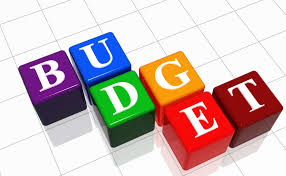
Press Conference on Evaluation of IMF Board’s Second Review Of Ghana’s Extended Credit Facility-Supported Program
June 29, 2016
Press Release on Ghana’s 2016 Mid-Year Budget Review
August 11, 2016An Evaluation of the Second Review by the IMF Board of Ghana’s Extended Credit Facility-Supported Program, 2015-17 [Occasional Paper 06]
Occasional Paper 6. An Evaluation of the Second Review by the IMF Board of Ghana’s Extended Credit Facility-Supported Program, 2015-17
This paper evaluates the IMF Board’s second review of Ghana’s ECF-supported program, which spans 2015-17. The review revised key macroeconomic targets that generally vindicate the Institute for Fiscal Studies’ (IFS) earlier view that many of the original targets set under the program were unrealistic, in terms of being overambitious, and needed to be revisited. While most of the revised targets seem more realistic, disappointingly, many—such as growth, inflation, the public debt and current account deficit—indicate that macroeconomic instability will remain heightened for a while, whereas economic growth will be sub optimal, in terms of being below the recent historical average, unbalanced and not generating enough jobs.
Achieving a turnaround in the economy will require the strengthening of overall macroeconomic management. In particular, re-stabilizing the economy and placing it on a long-term path of sustained growth, job creation, and poverty alleviation will necessitate strict adherence to the program’s fiscal consolidation path—a task that will be greatly tested in election year 2016—buttressed by the implementation of concrete growth-enhancing policies.
![An Evaluation of the Second Review by the IMF Board of Ghana’s Extended Credit Facility-Supported Program, 2015-17 [Occasional Paper 06]](http://ifsghana.org/wp-content/uploads/2015/10/IFS-Ghana-Logo1.png)